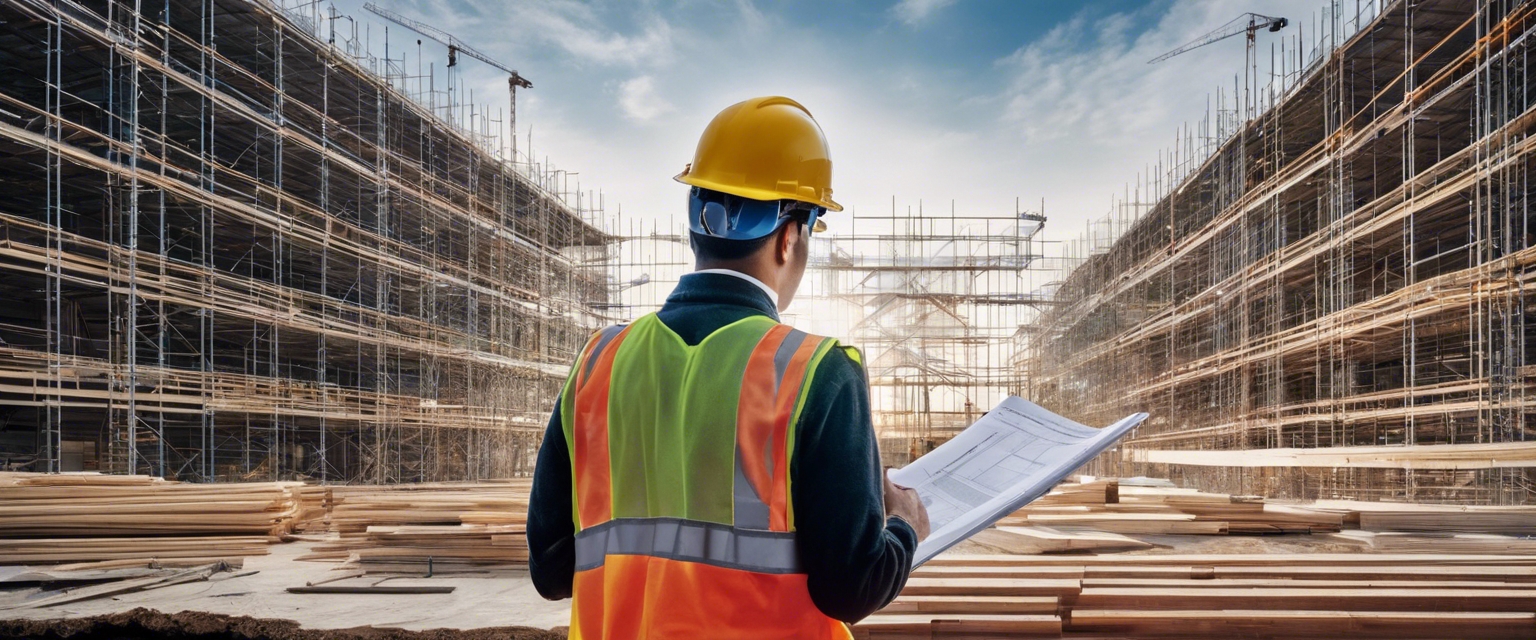Project management 101: ensuring timely completion of your build
Project management in construction is the process of planning, coordinating, and overseeing a project from inception to completion. It involves a series of tasks that ensure a project is completed on time, within budget, and according to specifications. The role of a project manager is to navigate the complexities of construction projects, which can include dealing with unexpected delays, managing a team of contractors, and ensuring all regulatory requirements are met.
Timely completion of construction projects is crucial for property developers, real estate investors, and homeowners. Delays can lead to increased costs, strained relationships with stakeholders, and potential loss of revenue. In the competitive urban real estate market, delivering projects on time is a key differentiator that can enhance reputation and lead to future business opportunities.
Key Strategies for Project Management Success
One of the first steps in ensuring the success of a construction project is to define the scope and objectives clearly. This involves understanding the client's vision, the project's requirements, and the desired outcomes. A well-defined scope helps prevent scope creep, which can cause delays and budget overruns.
A detailed project plan is the blueprint for success. It should outline all the phases of the project, from design and procurement to construction and handover. The plan should include timelines, milestones, and deliverables, as well as identify the resources needed at each stage.
Effective resource allocation is essential for keeping a project on track. This includes not only financial resources but also human resources and materials. Project managers must ensure that the right resources are available at the right time to avoid delays.
Communication is key in project management. A robust communication plan ensures that everyone involved in the project is on the same page. This includes regular updates to stakeholders, clear communication with contractors, and a system for addressing issues as they arise.
Tools and Techniques for Monitoring Progress
Project management software can be a valuable tool for keeping track of progress and managing the many moving parts of a construction project. These systems can help project managers schedule tasks, allocate resources, and monitor budgets in real time.
Regular progress meetings and reporting are essential for monitoring the health of a project. These meetings provide an opportunity to review what has been accomplished, what is behind schedule, and what needs to be prioritized moving forward.
Risk management is an integral part of project management. Identifying potential risks early on and having contingency plans in place can help mitigate the impact of unexpected events and keep the project on track.
Best Practices for Working with Contractors
Selecting the right contractors is critical for the success of any construction project. It's important to work with teams that have a proven track record of delivering high-quality work on time.
Clear contracts and expectations set the foundation for a successful working relationship with contractors. These agreements should outline the scope of work, timelines, payment schedules, and quality standards.
Maintaining quality control is essential for ensuring that the finished project meets the high standards expected by clients. This involves regular inspections, adherence to building codes, and working closely with contractors to address any issues promptly.








Comments (0)